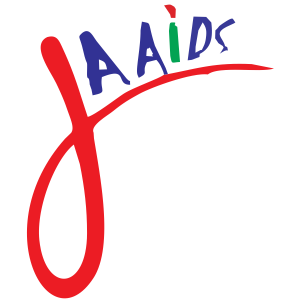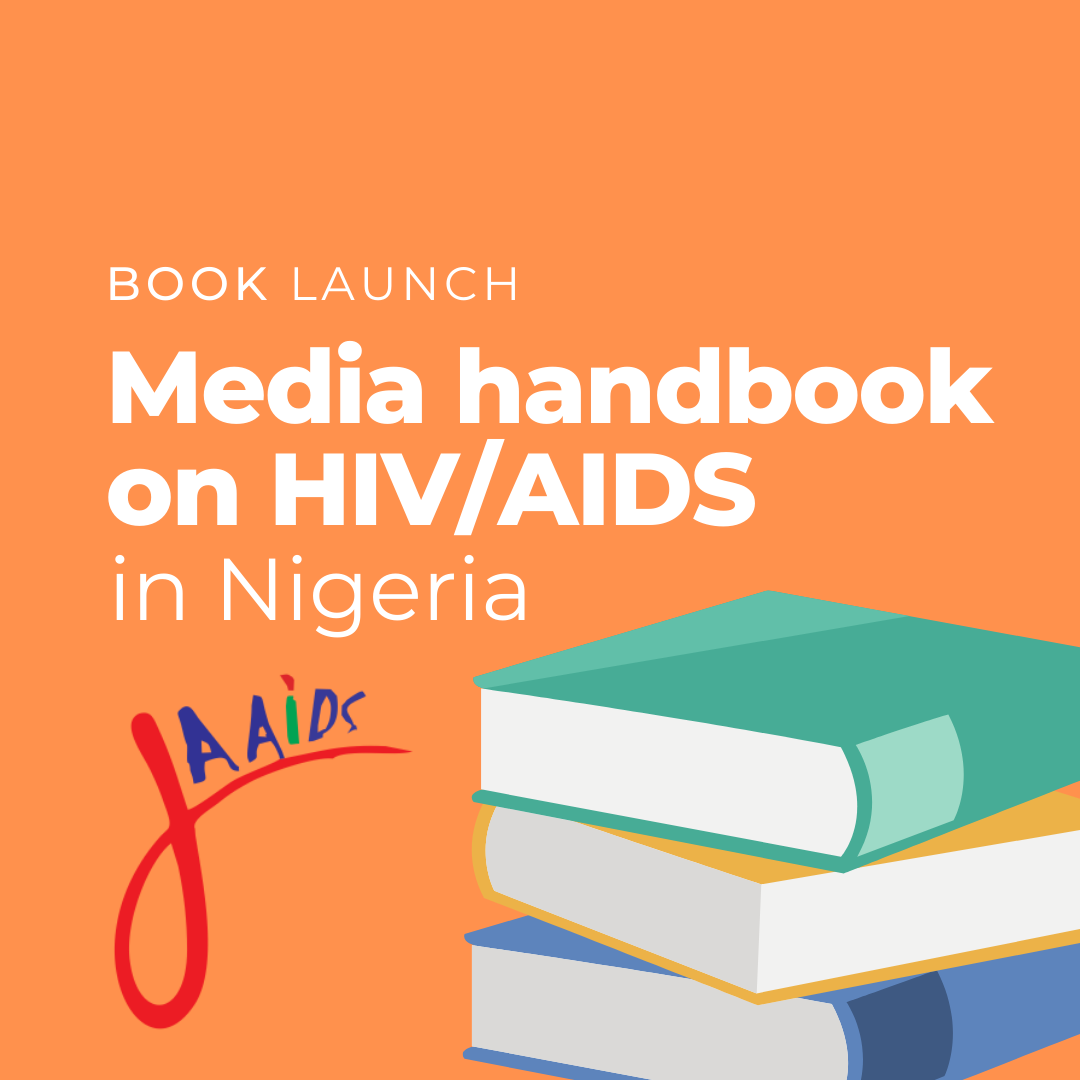Media coverage of HIV/AIDS related issues in Nigeria recorded a boost in May 2003 with the launch of the first-ever Media Handbook on HIV/AIDS in Nigeria.
The publication is a product of a collaboration between three organizations: Journalists Against AIDS (JAAIDS) Nigeria, Development Communications Network, (DevComs) the United Nations Information Center,(UNIC), Nigeria. The launching held at the Sheraton Hotel, Lagos.
Media coverage of HIV/AIDS issues in Nigeria has witnessed a significant increase in recent times. According to a print media monitoring report conducted by Journalists Against AIDS (JAAIDS) Nigeria, about 1,846 articles comprising news, feature stories, opinions and editorial comments were published between March 2002 and March 2003.
375 news photographs and 71 cartoon strips on HIV/AIDS were published during the period of the research.
Notwithstanding this encouraging level of response, obvious gaps still exist. Omololu Falobi, Program Director, JAAIDS identified some of these gaps as “insufficient understanding of the science of HIV, poor knowledge of ethical implications of HIV/AIDS coverage, use of stigmatizing and disempowering language as well as insufficient knowledge of authoritative
sources of information on AIDS.” Access to reliable and credible HIV/AIDS resources was one way of addressing these gaps – and the newly
launched handbook seeks to provide exactly that.
The handbook aims to promote qualitative and objective reporting of HIV/AIDS in the Nigerian media by providing a reliable, credible and
authoritative source of information on HIV/AIDS. The 90-page publication is divided into eight sections. These include HIV/AIDS: The Facts, The
Myths; Ethical issues in reporting HIV/AIDS; Practical Guide to Reporting HIV/AIDS, HIV/AIDS and Special Populations; General Resources; Frequently Asked Questions; Facts and Figures; and Glossary of HIV/AIDS Related Terms.
Product of a painstaking process spanning over 18 months, the media handbook had inputs from practising journalists, media trainers,
communications experts, epidemiologists, human rights advocates and people living with HIV/AIDS.
Funding support for the project came from a number of United Nations agencies including UNAIDS, UNICEF, UNFPA and UNDP. The end product is a publication described by the book’s reviewer, Mr. Kingsley Osadolor, deputy managing of The Guardian Newspapers, as “a compendium and
indispensable guide on HIV/AIDS reporting, not just for the target readers but also for members of the public wishing to upgrade their
knowledge on HIV/AIDS”.
For Professor Bolanle Awe, renowned professor of history, who chaired the launch, the media handbook was an eye opener. “It never really occurred to me that some of the terminologies we used in discussing HIV/AIDS could be stigmatizing,” she said. Chief Segun Olusola, respected broadcaster and former Nigerian ambassador to Ethiopia, described the handbook as “a necessary guide for communicating information about HIV/AIDS”.
Guests particularly commended the spirit of collaboration displayed by the three organizations that co-produced the handbook, noting that it was a good example of the partnership that is needed to confront the epidemic.
Mr. Finjap Njinga, director of UNIC described this as “a partnership fired by the need and commitment to create informed understanding of issues related to HIV/AIDS”.
The media handbook, said Njinga, is a modest contribution to the immense work facing the media in mobilizing informed public discussion about HIV/AIDS. “It is an endeavor to explore ways by which the challenge posed by HIV/AIDS can be effectively relayed to readers, listeners and viewers”, he said.
An online version of the handbook will be available on the website of Journalists Against AIDS (JAAIDS) Nigeria: www.nigeria-aids.org during June 2003. For copies of the print version, please contact any of the following addresses:
Journalists Against AIDS (JAAIDS) Nigeria
Media Resource Centre on HIV/AIDS and Reproductive Health 1st Floor, 42 Ijaye Road, Ogba, Lagos Tel: 234-1-77331457 Email: [email protected]
Development Communications (Devcoms) Network
Media Resource and Advocacy Centre 26 Adebola Street, Off Adeniran Ogunsanya Street, Surulere, Lagos. Tel: 234-1-7748397 Email: [email protected]
United Nations Information Centre (UNIC), Nigeria
17,Alfred Rewane (formerly Kingsway) Road
Ikoyi, Lagos. Tel: 234-1-2694886 Fax: 234-1-2691934 Email: [email protected]
Kingsley Obom-Egbulem Information Resource Officer Journalists Against AIDS (JAAIDS) Nigeria
Email: [email protected]

